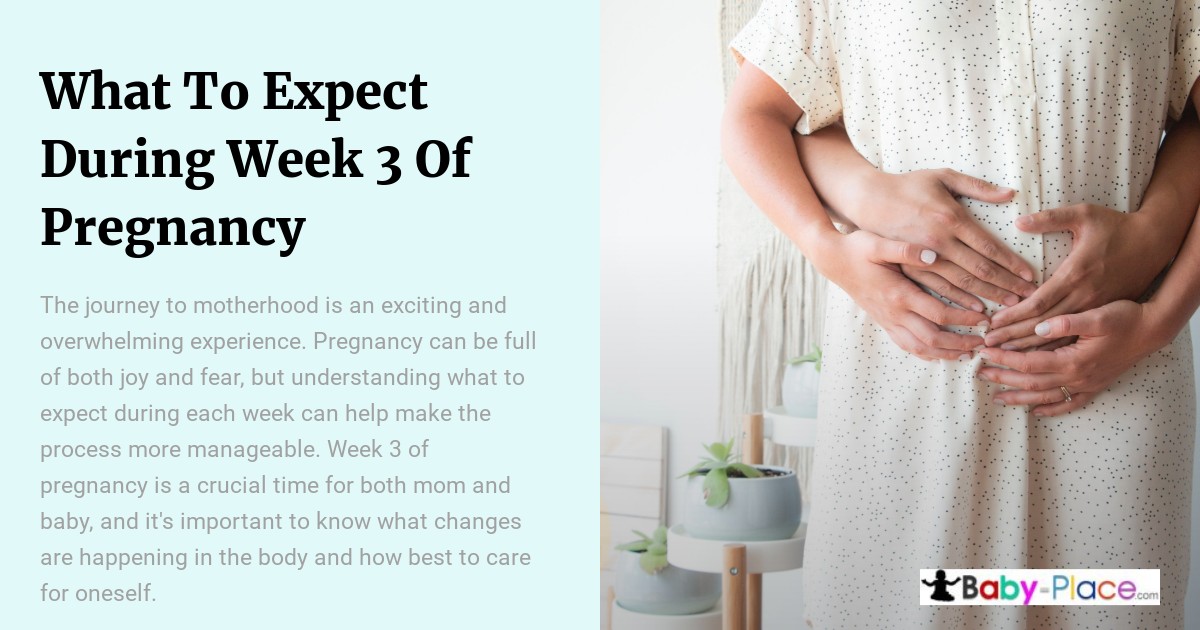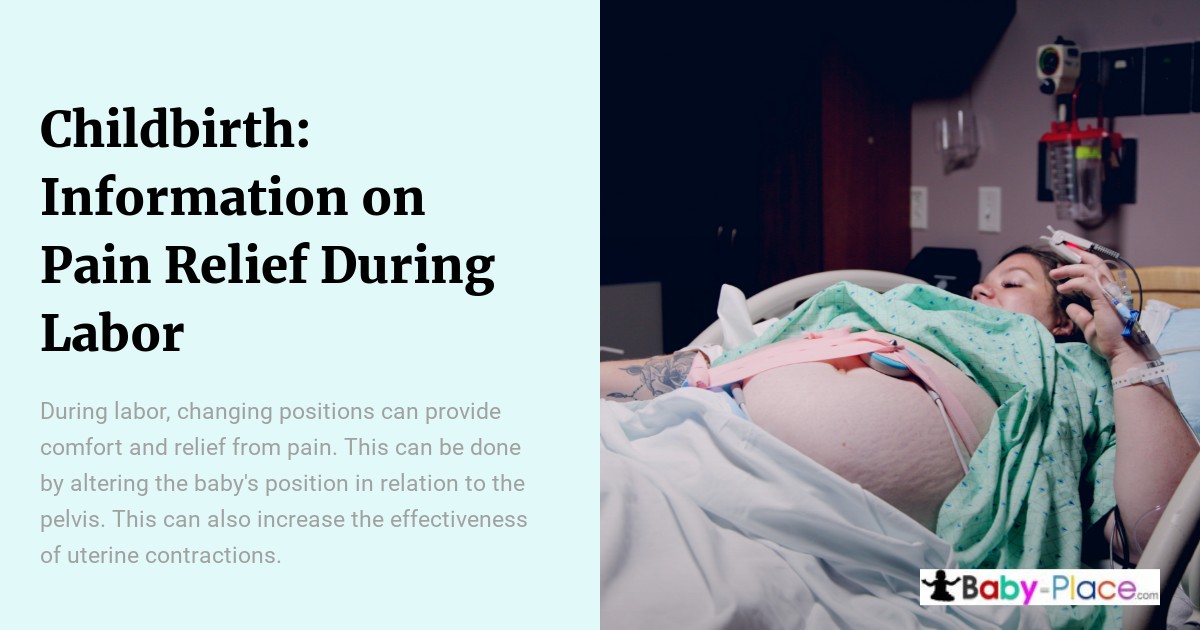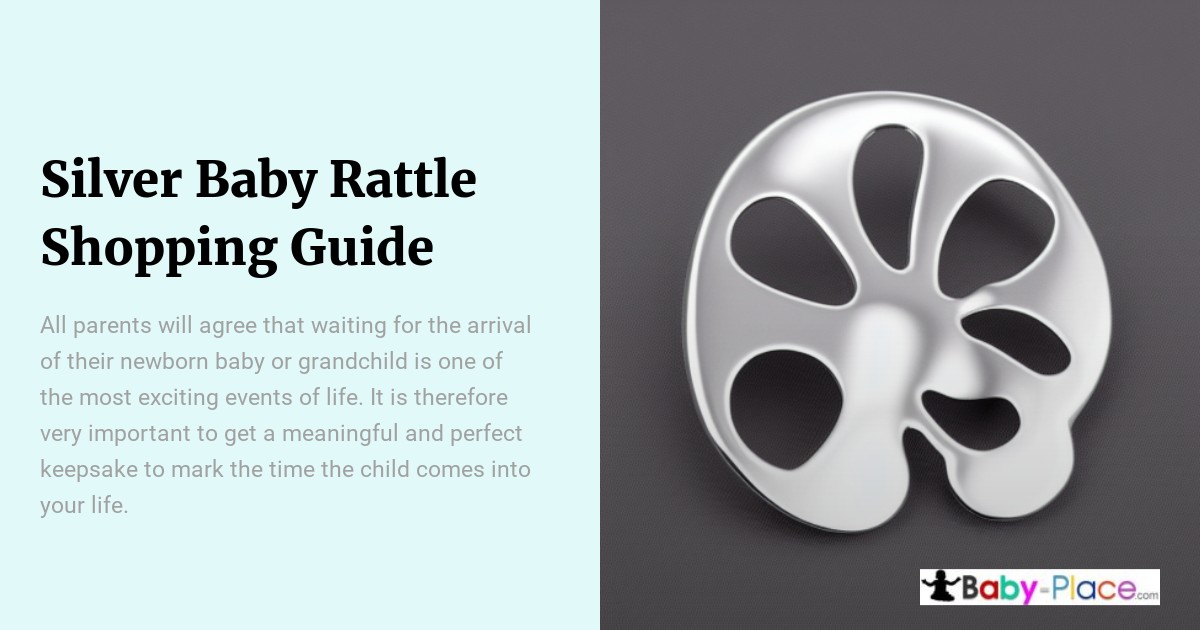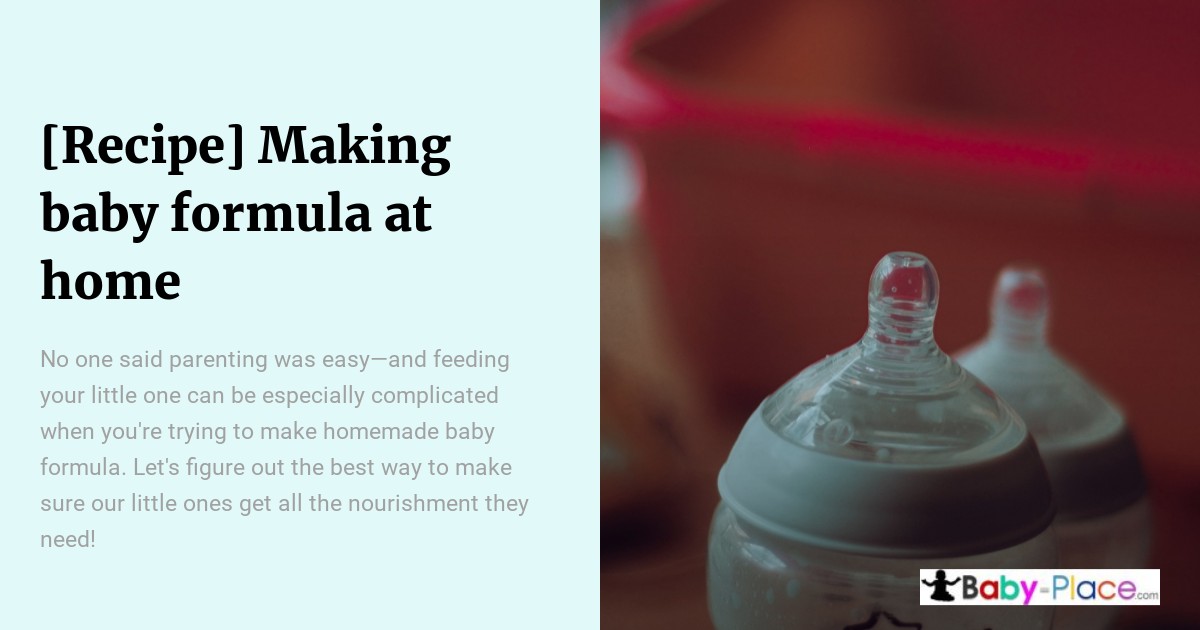Pregnancy is an exciting and remarkable time in a woman’s life. It can also be filled with uncertainties, questions, and apprehension. To help alleviate the anxiety associated with pregnancy, it is important to have access to accurate information about what to expect during this period of transition. This article provides strange and unusual tips for pregnant women that could potentially make their experience more enjoyable and positive.
The importance of nutrition, exercise, restful sleep, stress management techniques, as well as other lifestyle modifications are discussed here. Tips on how to prepare for labor and delivery are included in order to ensure optimal health outcomes for both mother and child. Additionally, there are some strangely effective suggestions that may not be commonly known or talked about but could benefit expecting mothers if implemented properly.
Ultimately, the goal of this article is to provide pregnant women with valuable insight into managing the physical and emotional aspects of pregnancy so they can focus on enjoying this special stage in their lives rather than worrying about potential problems or challenges ahead.
Definition Of Pregnancy
Pregnancy is the state of carrying a developing embryo or fetus within the female body. It typically begins with the fertilization of an egg by sperm, and ends when the baby is born. Pregnancy can take place through sexual intercourse or assisted reproductive technology such as in vitro fertilization (IVF). During pregnancy, women experience physical and emotional changes which may cause them to seek out advice from healthcare professionals.
It is important for pregnant women to monitor their health closely throughout the duration of their pregnancy. This includes regular check-ups with a doctor, monitoring diet and nutrition, getting enough rest and exercise, avoiding certain activities that could be harmful to both mother and baby, and staying up-to-date on vaccinations. Additionally, it is important for pregnant women to stay informed about any potential complications they may experience during their pregnancy so they can get medical attention if needed.
Nutritional Choices
When it comes to nutrition during pregnancy, a healthy diet is like a pipeline of nourishment that feeds your growing baby. As the old saying goes, “you are what you eat,” and the same applies for when you’re expecting! A balanced approach to meals should be taken with an abundance of fresh fruits and vegetables, lean proteins such as fish and poultry, whole grains, and dairy products. To maintain optimal health, pregnant women should also limit their intake of unhealthy foods, including processed snacks and sugary treats.
It’s important to get enough key nutrients while pregnant such as calcium, iron, folate, vitamin C, fiber, omega-3 fatty acids and protein in order to support the development of your baby. These can all be found in natural sources like leafy greens like spinach or kale; beans; nuts; fish; eggs; yogurt; sweet potatoes; berries; oranges; broccoli and more. Additionally, there are prenatal vitamins available over the counter that can help supplement any nutritional deficiencies in your daily diet if necessary.
By following these guidelines throughout pregnancy, mothers will have peace of mind knowing they’ve done everything possible to provide their developing little one with essential nutrients needed for growth and wellness – now that’s something worth celebrating!
Exercise Strategies
Exercise during pregnancy is important to maintain physical health and well-being. It can help reduce the risk of gestational diabetes, improve sleep quality and posture, strengthen muscles that support the spine, decrease back pain and swelling in the legs, increase energy levels, and promote a healthy weight gain for mother and baby.
The Centers for Disease Control recommend that pregnant women participate in moderate exercise activity for at least 150 minutes per week; this includes activities such as walking or swimming. Women should be sure to consult with their doctor prior to beginning any exercise routine. Additionally, it is recommended that pregnant women avoid strenuous exercises that involve contact sports or rapid changes in direction. Exercises involving balance may also cause harm if not done correctly so those are best avoided until after giving birth.
Pregnant women who follow these guidelines will likely experience improved mental and physical health throughout their pregnancy. Incorporating regular exercise into one’s lifestyle during this special time helps ensure a smooth transition from pre-pregnancy to postpartum life.
Natural Remedies
When it comes to pregnancy, exercise is an important part of maintaining a healthy lifestyle. However, there are also other strategies that expecting mothers can utilize in order to ensure their wellbeing during this time. Natural remedies may be an effective option for those looking for additional ways to keep themselves and their unborn child safe and healthy.
Herbal supplements, teas, tinctures, and essential oils have long been used by pregnant women who wish to support the natural progression of their pregnancy without relying on conventional medications or treatments. Herbs such as chamomile, spearmint, ginger root, red raspberry leaf tea, alfalfa sprouts, and garlic can all offer relief from common discomforts associated with pregnancy. Essential oils such as lavender oil and peppermint oil may help reduce nausea and headaches as well. Before using any herbal remedy or supplement though, it’s important to consult your doctor or midwife first in order to determine if it’s appropriate for you specifically.
It’s also vital that pregnant woman practice proper nutrition throughout the course of the nine months leading up to labor day. Eating plenty of fresh fruits and vegetables is key for providing both mommy-to-be and baby with all the nutrients they need in order to stay healthy until delivery day arrives. Ensuring adequate hydration by drinking lots of water throughout the day is equally important too. Taking these steps will go a long way towards ensuring a comfortable pregnancy journey free from unnecessary complications.
Aromatherapy Considerations
When it comes to pregnancy, aromatherapy can be a great resource. While some common scents may help alleviate nausea and other discomforts of early pregnancy, others should be avoided due to their potential risks. It is important for pregnant women considering aromatherapy to research the safety of essential oils before using them.
One of the most important factors in deciding whether or not an oil is safe during pregnancy is its concentration. Certain oils used in high concentrations can cause skin irritation or even uterine contractions that could lead to miscarriage; therefore, these should be avoided completely by expectant mothers. Additionally, certain fragrances are known to increase blood pressure levels, which can put both mother and baby at risk for complications. Therefore, any scent with a strong fragrance should only be used sparingly if at all during pregnancy.
To ensure maximum safety for you and your baby, check with your healthcare provider prior to incorporating any type of aroma into your prenatal care regimen.
Homeopathic Options
Homeopathic options can also be explored during pregnancy. Homeopathy is a system of alternative medicine, based on the idea that substances which cause certain symptoms in healthy individuals can help to treat those same symptoms when they occur in ill people. Pregnant women may want to consider homeopathic remedies for morning sickness and other common issues.
It’s important to note that pregnant women should always consult with their healthcare provider before taking any medication or supplement, including homeopathic treatments. It’s possible some products could interact with other medications or have unforeseen effects on the developing baby. Additionally, it’s essential to ensure you are using an appropriately prepared remedy from a reputable source of homeopathic preparations. With these considerations in mind, many pregnant women find homeopathy helpful for alleviating uncomfortable pregnancy-related ailments without introducing potential risks to their babies health.
Acupuncture And Massage Techniques
Recent studies have estimated that up to 60% of pregnant women are utilizing some form of massage or acupuncture therapy during their pregnancy. These techniques provide a variety of benefits, including relief from nausea and muscle pain, as well as reducing stress and anxiety related conditions. Acupuncture is an ancient Chinese practice involving the insertion of very thin needles into certain points in the body; it can help with many common discomforts associated with pregnancy such as morning sickness, backache, fatigue, insomnia and headaches. Massage therapy helps improve circulation throughout the body and reduce tension in muscles; this can also aid in relieving sciatica-related aches and pains.
It’s important for any expecting mother considering either type of treatment to consult her doctor first before beginning a course of acupuncture or massage therapy. Both treatments should be done by trained professionals who understand how to safely administer them for pregnant women. Following your doctor’s instructions regarding these therapies will ensure you experience all the potential benefits without risk to both yourself and your baby.
Relaxation Techniques
In contrast to acupuncture and massage techniques, relaxation techniques provide a gentle approach to managing the physical and emotional changes of pregnancy. Relaxation can be achieved through various methods that may reduce stress and improve overall health during this special time.
Here are five tips for practicing relaxation during pregnancy:
- Practice deep breathing exercises throughout the day or when feeling overwhelmed or anxious.
- Take part in relaxing activities such as yoga, tai chi, meditation or progressive muscle relaxation.
- Listen to calming music that can help create an atmosphere of peace and tranquility.
- Seek out resources on mindfulness or guided imagery which can foster feelings of calmness and wellbeing.
- Engage in regular light exercise such as walking, swimming or stretching that helps alleviate tension while promoting energy levels.
These measures can be used daily to facilitate better sleep habits, improved moods and heightened self awareness during pregnancy. With consistent practice, these strategies will enable pregnant women to gain control over their thoughts and emotions for greater well being at this important stage in life.
Visualization Exercises
Pregnant women can benefit from visualization exercises to reduce stress and anxiety. Visualization is a form of relaxation technique, where the person imagines calming or pleasant scenarios in their mind. This can help pregnant women feel more secure and relaxed during pregnancy.
Visualization exercises should be done for at least 10 minutes per day, preferably in a comfortable environment with minimal distractions. The expectant mother may wish to focus on her breath, visualizing it as she inhales and exhales deeply. She might also picture herself in an idyllic setting such as a beach or forest, surrounded by nature’s beauty and serenity. As she continues to practice these techniques throughout her pregnancy period, she will find that they become easier over time.
This type of exercise has been proven to lower heart rate and ease tension while providing mental clarity and overall wellbeing. It serves as an effective method of managing the physical and emotional changes associated with pregnancy, allowing expectant mothers to enjoy this special journey leading up to childbirth.
Creative Outlets
Pregnancy can be a stressful time, and it is important for expectant mothers to find creative outlets to help them manage the stress. Artistic pursuits such as painting or drawing can provide an opportunity to express oneself creatively while relieving anxiety. Music therapy offers benefits similar to art therapy by providing a means of self-expression and relaxation. Listening to soothing music in one’s free time may also reduce stress hormones and improve mood.
Yoga and meditation are two more activities that pregnant women should consider engaging in on a regular basis. Practicing yoga postures helps strengthen muscles, increases flexibility and reduces tension; it has been found to positively impact mental health during pregnancy as well. Meditation can assist with managing worries associated with impending motherhood, helping expecting parents connect with their unborn baby before its arrival into the world.
By finding creative outlets during pregnancy, women can achieve emotional balance which will benefit both themselves and their babies. It is recommended that future moms experiment with various therapeutic methods until they discover what works best for them.
Alternative Birthing Plans
The journey to becoming a parent is both exciting and overwhelming. For many expecting mothers, the thought of giving birth can be daunting. But don’t let fear keep you from exploring alternative birthing plans that may help make your experience more comfortable and tailored to your needs.
| Plan | Description |
|---|---|
| Home Births | A home birth takes place in the comfort of one’s own home with assistance from a midwife or doula. This option provides an intimate atmosphere for labor and delivery, as well as postnatal care for mother and baby. |
| Water Births | During water births, laboring women are submerged up to their necks in warm water during delivery. Research has shown this method reduces pain perception while providing buoyancy and relaxation which helps facilitate easier labor progressions. |
| Birthing Centers/Birth Houses | These facilities provide a homelike setting where medical staff attend to expectant mothers throughout the entire pregnancy process including prenatal care, labor, delivery, and postpartum services. Most birthing centers offer access to specialized equipment such as birthing beds, tubs, showers etcetera. |
These various alternatives allow pregnant women freedom when making decisions about their childbirth experience; empowering them to choose what works best for them based on their individual circumstances and preferences. In addition, these options also give families greater control over the type of environment they would like present at the time of delivery – whether it’s at home or in a hospital-like facility staffed by certified professionals. Ultimately deciding on an alternative plan requires careful consideration between patient and provider but could potentially lead to improved outcomes for both mother and baby alike.
Travel Considerations
When it comes to travel during pregnancy, there are a few important considerations that should be taken into account. It’s important for pregnant women to be aware of the risks associated with air or car travel, as well as any other forms of transportation. Below is a list of tips and precautions to consider when planning a trip:
Air Travel:
- Check with your doctor before booking tickets to ensure you’re cleared for the flight.
- Wear supportive footwear, such as compression stockings, on long-haul flights.
- Drink plenty of water and move around regularly throughout the journey.
Car Travel:
- Take frequent breaks every two hours or so in order to stretch your legs and stay hydrated.
- Avoid extended periods of sitting in one position by adjusting your seat frequently and taking regular walks when possible.
- Ensure your safety belt fits across both hips and below your bump securely at all times while driving.
It is essential for expecting mothers to make sure they take measures to protect their health while traveling during pregnancy. Taking precautionary steps can help reduce stress levels and keep them safe from potential hazards along the way. Therefore, always consult with your healthcare provider before embarking on any form of travel during pregnancy.
Postpartum Care Options
When a woman gives birth, the postpartum period can be an emotionally and physically challenging time. It is important for new mothers to understand their options for postpartum care in order to ensure that they receive the best possible treatment during this delicate transition.
| Option | Description |
|---|---|
| Postnatal Exercise | Exercises tailored to help with recovery from childbirth |
| Nutrition | Healthy eating plan to meet nutritional needs |
| Sleep Strategies | Tips on how to get adequate rest |
Postnatal exercise helps women recover core strength and flexibility following pregnancy. These exercises are designed specifically for those who have recently given birth, taking into consideration both the physical and emotional changes associated with delivery. Common activities include yoga, Pilates, walking, swimming, and stretching.
Nutrition is another essential component of postpartum care. Many women may experience nutritional deficiencies due to lack of sleep or difficulty breastfeeding; therefore it is important to focus on healthy eating habits that will provide necessary nutrients while replenishing energy levels. Nutritional counseling can aid in developing individualized meal plans as well as assist in identifying any dietary issues which could lead to further health concerns down the road.
Finally, establishing proper sleeping strategies is key for new mothers’ overall wellbeing during this time. Although newborns require frequent feedings throughout the night, it is crucial for parents to prioritize getting enough rest whenever possible by napping when baby sleeps and seeking support from family members or friends when needed. By understanding these various aspects of postpartum care – exercising, nutrition, and sleep – women can take steps towards ensuring a smoother adjustment into motherhood.
Social Support Networks
The assertion that social support networks are critical to a successful pregnancy has been widely accepted by medical professionals. Research indicates that women who have strong and dependable relationships with family, friends, or healthcare providers often experience fewer complications and higher levels of satisfaction during their pregnancies than those without such resources.
It is essential for pregnant women to form meaningful connections with people they trust in order to ensure physical and emotional well-being throughout the course of their pregnancy. Such individuals can provide crucial guidance as expectant mothers navigate through life changes brought on by their condition. Women should also take advantage of available services such as childbirth classes, counseling sessions, doctor’s visits, and other activities which may be beneficial for them and the baby. These efforts will help create an environment where both mother and child feel secure and supported.
Women who lack adequate social assistance may find themselves feeling isolated or overwhelmed at times during their pregnancy; therefore, it is important to seek out reliable sources of aid when needed. Making use of existing supports — such as extended family members or local organizations–can alleviate stressors associated with pregnancy while providing much-needed companionship. As a result, these measures could lead to better outcomes during this special time in any woman’s life.
Mental Health Check-Ins
Moving on from the importance of social support networks during pregnancy, mental health check-ins are also essential. Pregnant women should take time for themselves to assess their emotional well-being and address any concerns that may arise. It is important to remember that taking care of one’s own mental health has a direct impact on both mother and baby.
Here are some tips for pregnant women looking to monitor their mental health:
- Make sure to carve out time in your day just for yourself – this could include anything from reading a book or watching a movie, going for a walk, or practicing meditation/yoga.
- If you’re feeling overwhelmed by all the changes occurring in your life right now, try breaking down tasks into smaller chunks so they seem less daunting.
- Don’t be afraid to ask for help if you need it! Reach out to family members, friends, or even medical professionals who can provide guidance and resources.
- Monitor the physical signs of stress such as headaches, body aches, fatigue, frequent crying spells, etc., and make an effort to reduce them with relaxation techniques like deep breathing exercises or massage therapy.
- Get plenty of sleep – aim for 7-9 hours each night depending on how much energy you have throughout the day.
- Stay away from too much caffeine since it can worsen anxiety symptoms and affect sleeping patterns negatively.
In addition to these practical measures, it is recommended that pregnant women seek professional help when needed as mental health issues shouldn’t be ignored but rather addressed promptly for positive outcomes overall. With proper self-care strategies and timely assistance from expert healthcare providers if necessary, mothers-to-be can look forward to healthy pregnancies without compromising on their personal well-being.
Conclusion
In summary, pregnancy can be a difficult and challenging time for many women. While there are traditional methods to keep healthy during this period of life, it is also important to look beyond conventional advice in order to ensure that you have an enjoyable experience. There are several strange and unusual tips that may provide relief from some common discomforts associated with pregnancy such as nutrition choices, exercise strategies, natural remedies, aromatherapy considerations, travel considerations, postpartum care options, social support networks, and mental health check-ins. By taking these alternative approaches into account when planning your pregnancy journey, you can find creative ways to stay healthy while allowing yourself to enjoy the process.
It’s worth bearing in mind that everyone’s experience of pregnancy will be different; what works for one person may not necessarily work for another so it is essential to listen to your body throughout each step of the way. Additionally, seeking professional medical advice should always remain paramount as this will help ensure both your and your baby’s well-being during this special time.
Ultimately though if you arm yourself with knowledge about all possible avenues available for maintaining good physical and emotional health during pregnancy then you’ll be well on your way toward having a positive and fulfilling nine months!


















